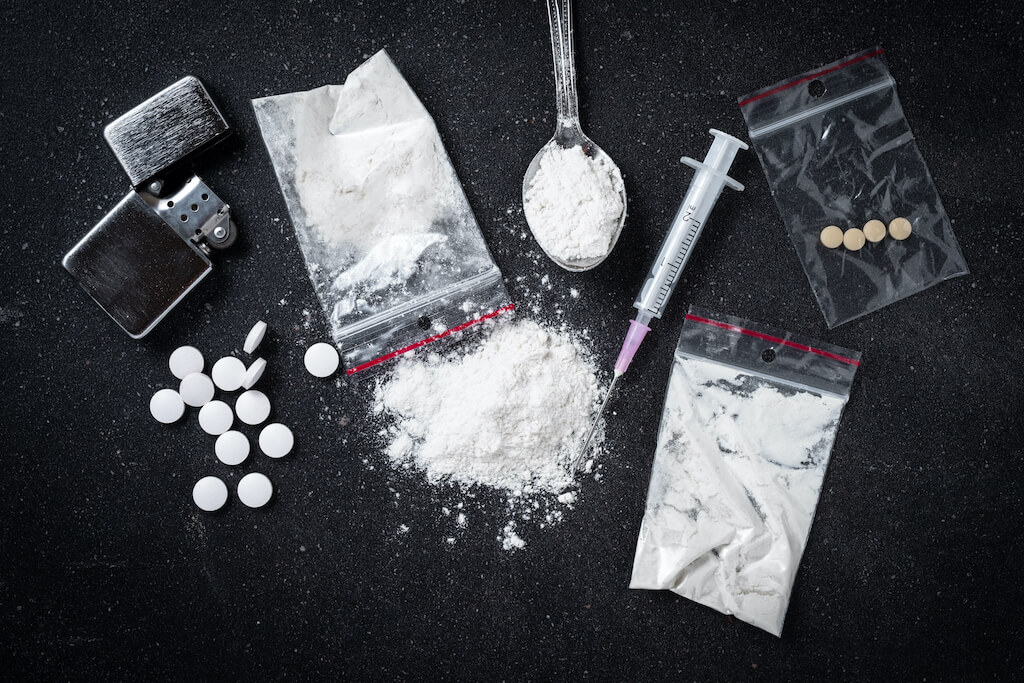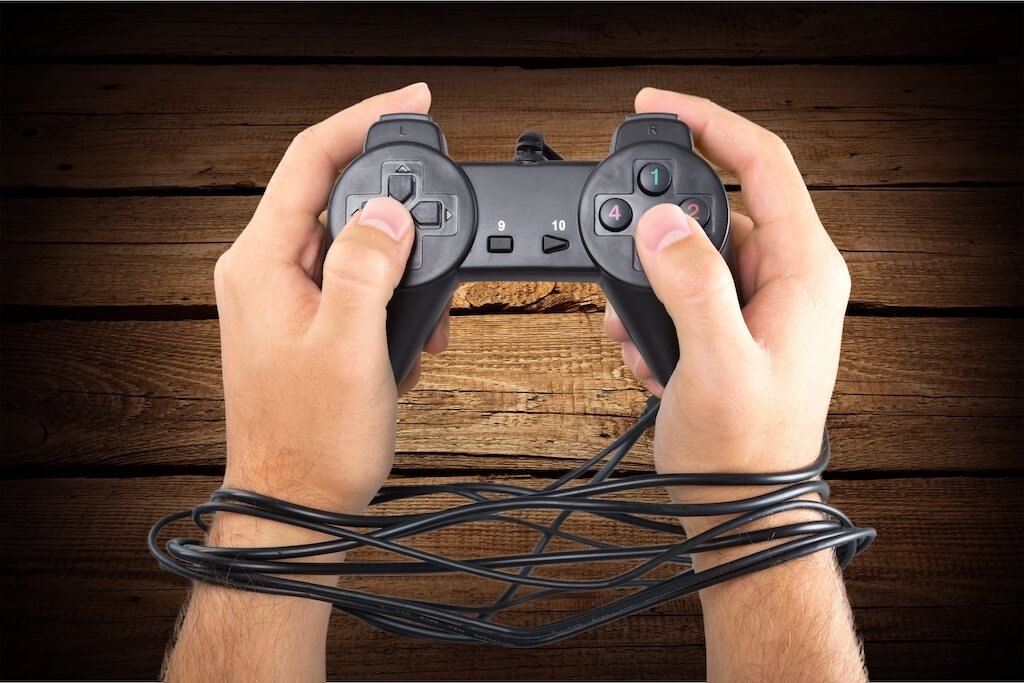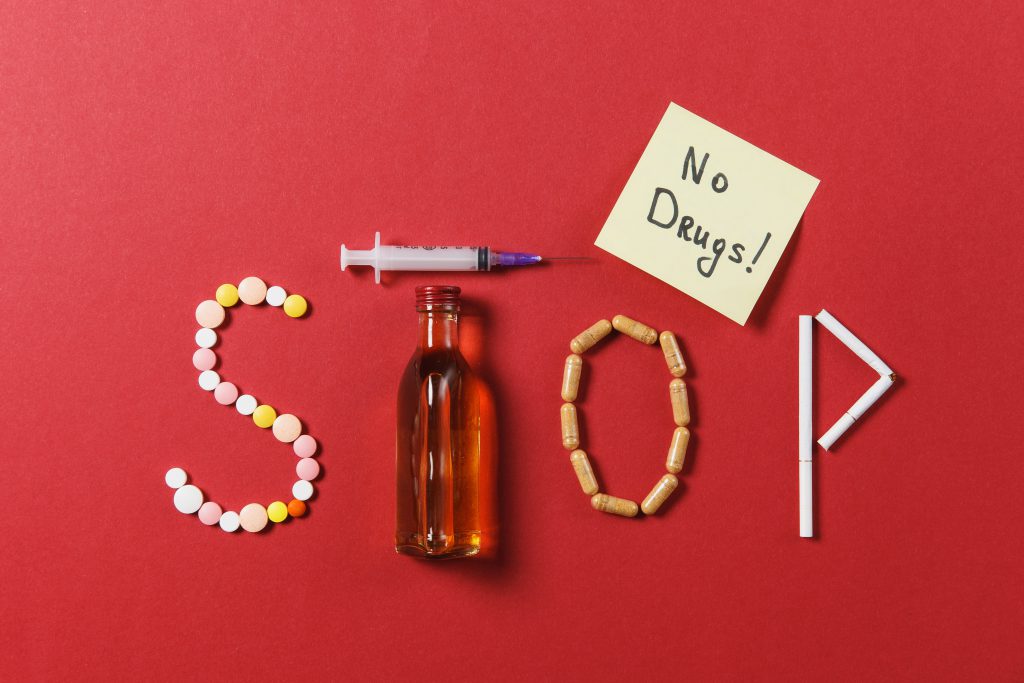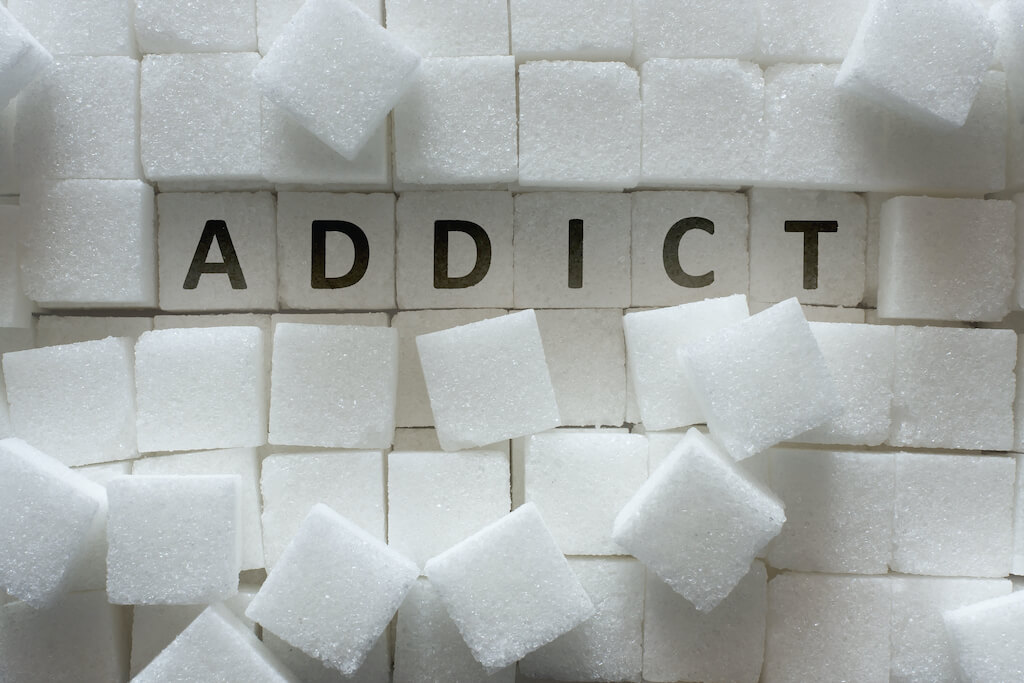Introduction
Drug addiction can be a complex and difficult challenge to overcome, especially when it comes to hard drugs. However, with the right approach and support, it is possible to overcome addiction and live a healthy, happy life. One of the powerful tools that can be used in the recovery process is self-hypnosis, especially through the use of self-hypnosis audio/MP3. In this article, we will explore how self-hypnosis can help individuals overcome drug addiction, especially hard drugs, and discuss the benefits of using self-hypnosis audio/MP3.
Understanding Self-Hypnosis
Self-hypnosis is a technique that allows individuals to access their subconscious mind, where deeply ingrained habits and thought patterns are stored. These habits and thought patterns can be difficult to change through conscious effort alone, but self-hypnosis can help individuals identify and change these patterns at a subconscious level. By accessing the subconscious mind, self-hypnosis can help individuals reduce the cravings and withdrawal symptoms associated with drug addiction.
Benefits of Self-Hypnosis for Overcoming Drug Addiction
Self-hypnosis can be a powerful tool in the recovery process because it allows individuals to change the way they think and feel about drugs. This can lead to a reduction in cravings and a greater ability to resist the urge to use. Self-hypnosis can also help individuals develop new, healthier habits and coping strategies to replace drug use. For example, self-hypnosis can be used to help individuals develop relaxation techniques, such as deep breathing or meditation, that can help reduce stress and anxiety, which are common triggers for drug use.
Using Self-Hypnosis Audio/MP3 for Drug Addiction Recovery
Self-hypnosis audio/MP3 recordings are designed to guide individuals through the self-hypnosis process and provide suggestions for positive change. These recordings can be a powerful tool in the recovery process, especially when used regularly and in conjunction with other forms of treatment. It is important to find recordings that are specifically designed for drug addiction recovery and to listen to them at least once a day, preferably at the same time each day.
Working with a Hypnotherapist
In addition to using self-hypnosis audio/MP3 recordings, individuals in recovery can also benefit from working with a trained hypnotherapist. A hypnotherapist can help individuals develop a customized self-hypnosis program that is tailored to their specific needs and goals. It is important to find a hypnotherapist who has experience working with individuals in recovery from drug addiction and who is licensed and trained in hypnotherapy techniques.
Using Self-Hypnosis in Conjunction with Other Forms of Treatment
It is important to note that self-hypnosis and hypnotherapy should always be used in conjunction with other forms of treatment, such as counseling, support groups, and medical detoxification. Self-hypnosis is not a substitute for medical treatment, but rather a complementary tool that can enhance the recovery process.
Other Steps to Overcoming Drug Addiction
In addition to self-hypnosis, there are other steps individuals can take to overcome drug addiction, especially hard drugs. These include seeking professional help, developing a support system of friends and family, and focusing on self-care and healthy habits. Professional help may include counseling, rehabilitation programs, and medical detoxification. Developing a support system of friends and family can also be invaluable in the recovery process. Finally, focusing on self-care and healthy habits can help individuals maintain sobriety.
Conclusion
In conclusion, self-hypnosis, especially through the use of self-hypnosis audio/MP3, can be a powerful tool in the recovery process for individuals struggling with drug addiction, especially hard drugs. By accessing the subconscious mind, self-hypnosis can help individuals change the way they think and feel about drugs, reduce cravings and withdrawal symptoms, and develop new, healthier habits and coping strategies. However, it is important to use self-hypnosis in conjunction with other forms of treatment, such as counseling, support groups, and medical detoxification, and to always seek the guidance of a trained professional.



















